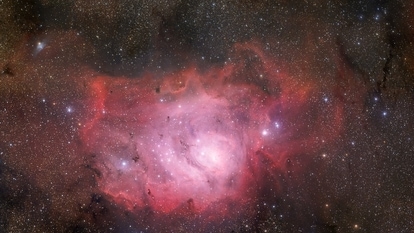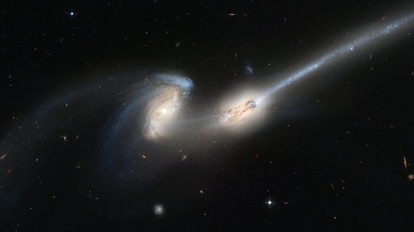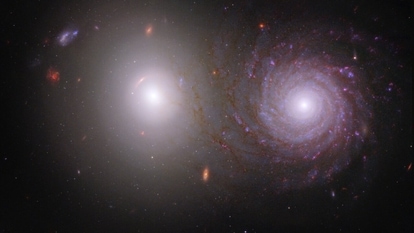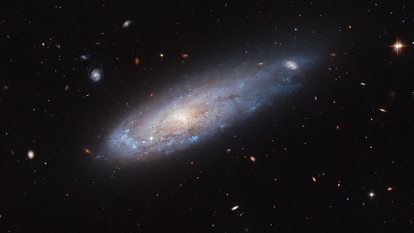Supermoon 2024: Skywatchers get ready, this year's first Supermoon to illuminate the skies on August 19
The next supermoon will occur on August 19, marking the first of four supermoons in 2024. This celestial event happens when the Moon's perigee coincides with a full moon, making it appear larger and brighter than usual.
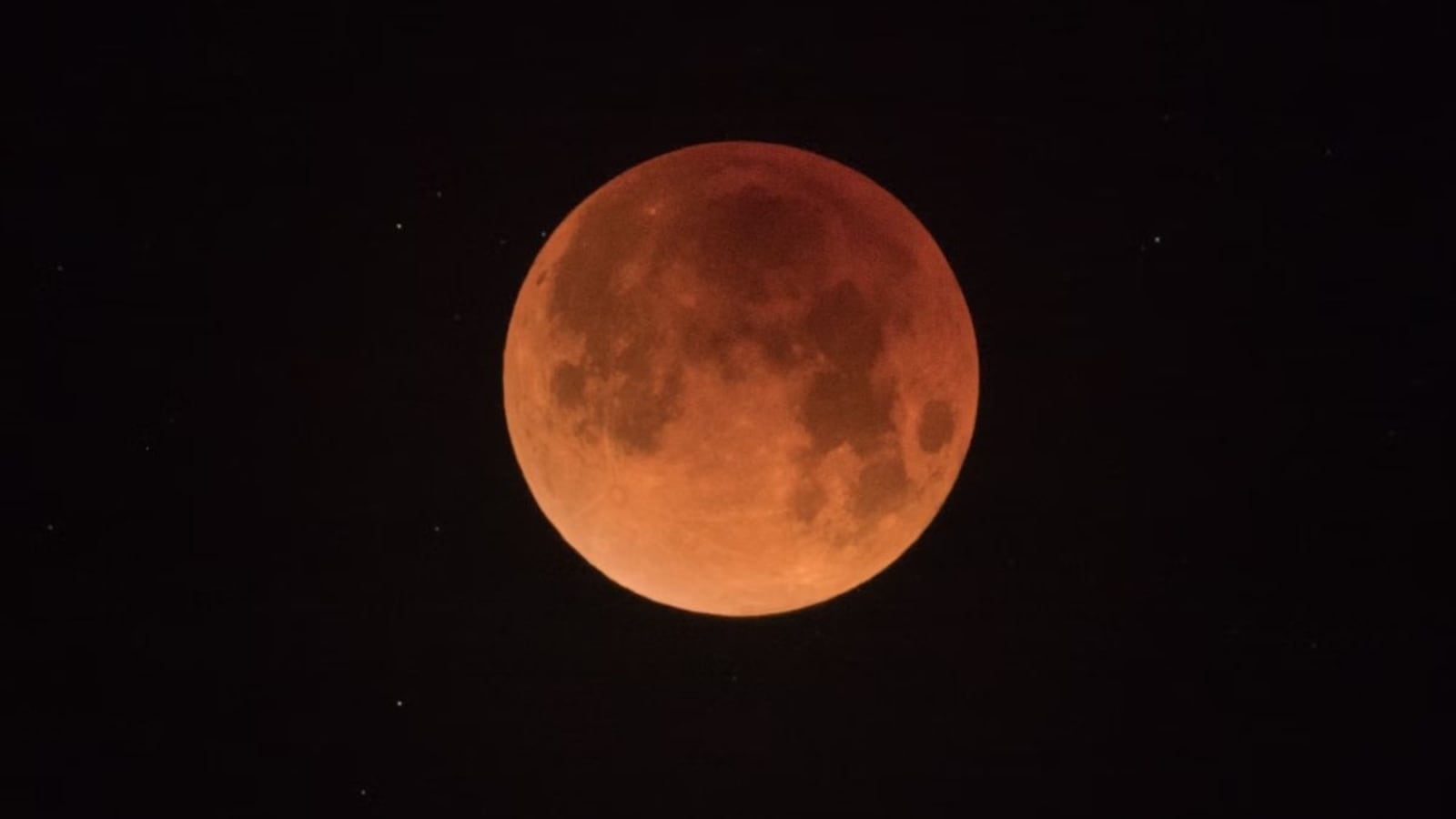
A supermoon is a celestial event where the Moon appears slightly larger and brighter than a typical full moon. This occurs when the Moon's orbit brings it closest to Earth, known as perigee, coinciding with a full moon. The next supermoon is scheduled for August 19 at 2:26 PM ET, which translates to 11:56 PM IST in India. This will mark the first supermoon of the year.
Also Read: HMD Crest smartphone series launching in India on July 25: Here's everything you need to know
Upcoming Supermoons in 2024
Fred Espanak, a former NASA astrophysicist and eclipse expert, has identified four supermoons set to occur in 2024. These supermoons will appear in August, September, October, and November. Espanak defines a supermoon as a full moon occurring within 90 percent of the Moon's closest approach to Earth. The closest supermoon of 2024 is expected on October 17 at 7:26 AM ET, or 4:56 PM IST. Typically, three to four supermoons are observed each year. Although the term "supermoon" has been in use for around four decades, it gained significant public attention in 2016 after three consecutive supermoons were visible.
Also Read: Adobe brings new Al tools for Illustrator, Photoshop to boost workflows: Everything you need to know
The Science Behind Supermoons
The Moon orbits the Earth in an elliptical path, with an average distance of about 382,900 km. Due to gravitational influences from the Earth, Sun, and other planets, the Moon's apogee and perigee distances vary each month. According to NASA's Noah Petro, these gravitational forces cause the Moon's orbit to be irregular. A supermoon occurs when the Moon reaches its closest point in its 27-day orbit and is fully illuminated by the Sun, which happens approximately every 29.5 days. This alignment is relatively rare and only happens a few times a year due to the changing orientation of the Moon's orbit as the Earth orbits the Sun.
During a supermoon, the Moon appears approximately 30 percent brighter and 14 percent larger than usual. However, experts note that the difference is often hard to discern with the naked eye.
Supermoons are a fascinating astronomical event that offers a unique opportunity to observe the Moon's varying size and brightness. The upcoming supermoons in 2024 provide multiple chances for skygazers to witness this phenomenon. While the visual differences may be subtle, the science behind supermoons continues to intrigue both experts and the general public alike.
One more thing! We are now on WhatsApp Channels! Follow us there so you never miss any updates from the world of technology. To follow the HT Tech channel on WhatsApp, click here to join now!
Catch all the Latest Tech News, Mobile News, Laptop News, Gaming news, Wearables News , How To News, also keep up with us on Whatsapp channel,Twitter, Facebook, Google News, and Instagram. For our latest videos, subscribe to our YouTube channel.






